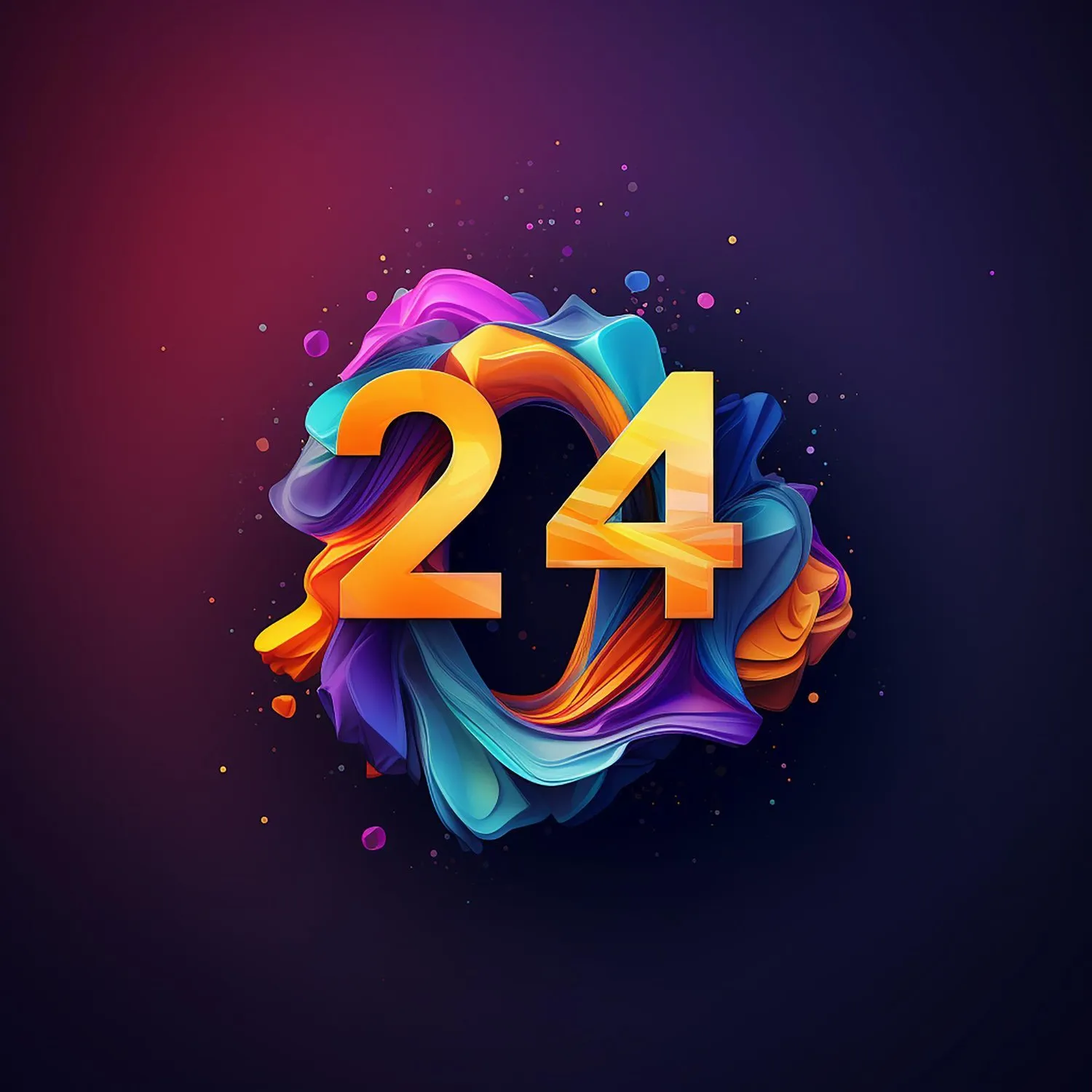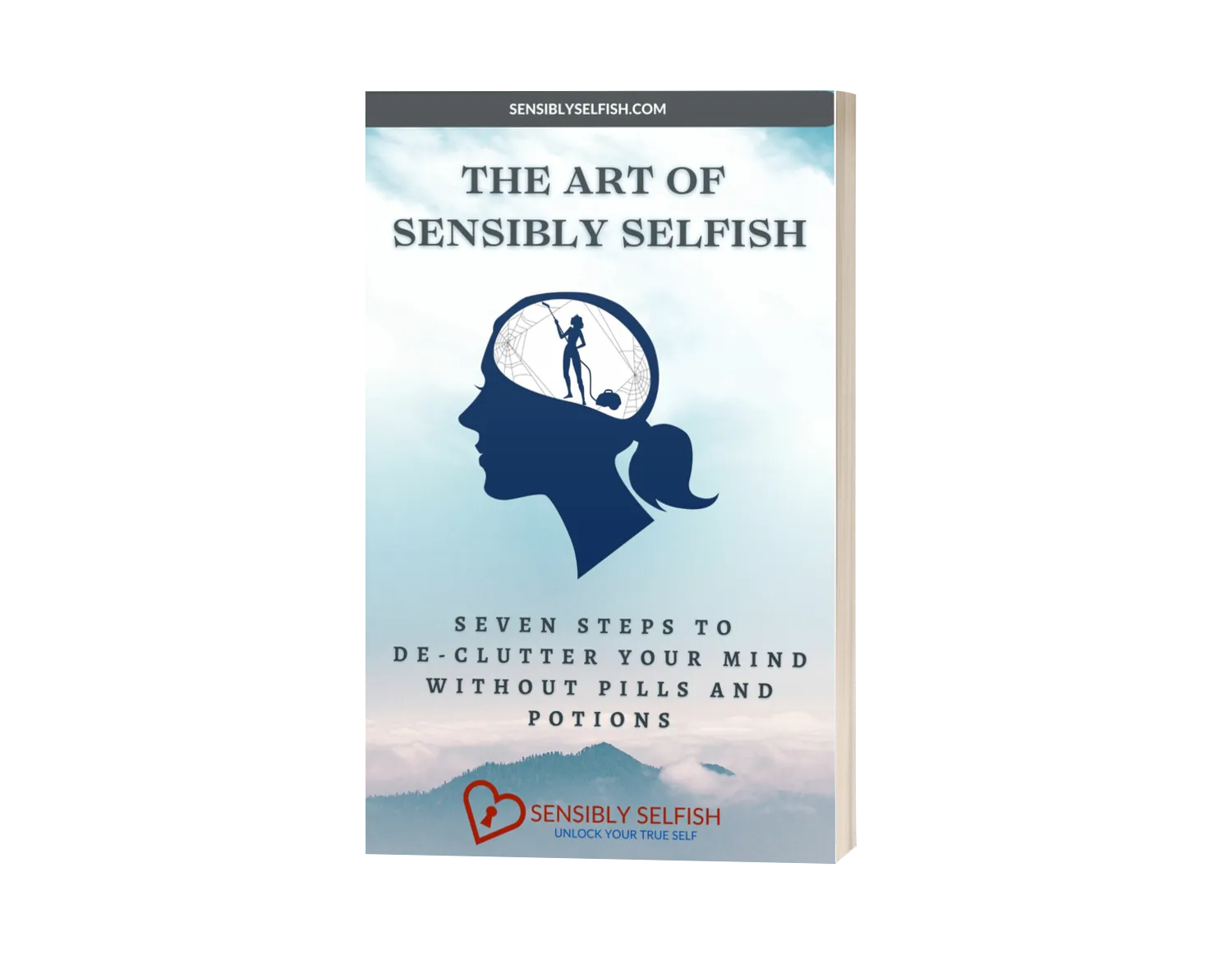Don't Be a Dinosaur or Dummy in the Digital Age
Embrace Modern Midlife with Confidence

[Toc]
In a week filled with poignant stories on BBC Radio 4, countless individuals have shared their experiences of navigating an evolving world. These stories paint a picture of hours spent in bank queues for a simple balance inquiry due to a lack of online access. They illustrate the predicament of avoiding online purchases, leading to missed opportunities and an affinity for the 'personal touch.' Instances of printing the return flight ticket instead of the outgoing one, resulting in exorbitant airport fees, resonate with many of us. We've all stood at the crossroads of tradition and technology.
However, life charges forward, unceasingly transforming, and it's upon us to adapt. This post is a compass for those who no longer wish to be labeled dinosaurs or dummies in the face of change. Together, we'll embark on a journey to master the basics of the digital age. From demystifying smartphones to grasping the nuances of blockchain and cryptocurrency, we'll unravel the mysteries of modernity. In this era of constant transformation, let's shed the shackles of the past and confidently stride into the realm of the unknown.

Embracing Change: The Key to Thriving in the Digital Age
Change is a constant force that shapes our world. Throughout history, revolutions have propelled societies forward – from the agricultural revolution to the industrial revolution. One can only imagine how jarring it must have been for those who lived through the shift from cottage industries to the industrial era.
Suddenly, the familiar rhythms of life were disrupted. What was once a subsistence yet peaceful existence, working from home and setting one's schedule according to the natural patterns of the day, transformed into toiling in noisy, smelly mills with rigid schedules unrelated to the earth's cycles. Fear of the unknown mingled with the excitement of progress.
Today, we are amidst the tech revolution, where advancements in technology are altering how we live, work, and communicate daily. For women over 45, embracing change in this digital age is not just beneficial, but crucial for staying relevant and thriving.
The tech revolution brings unprecedented opportunities, but it also requires adaptability. Staying fixed in old habits can lead to missed chances and isolation. Embracing change entails an openness to learning new skills and tools. By doing so, you'll experience personal growth, improved cognitive function, and more vibrant life. Below are some of the areas you may want to investigate and take advantage of.

Section 2: The Basics of Navigating the Digital World
Mastering the Smartphone
In the modern world, a smartphone is your gateway to a wealth of information and connection. The smartphone is your modern computer, everything is in the palm of your hand. Choosing the right smartphone depends on factors like your budget, personal interests, and compatibility needs. You may also want to think of the environmental impact your purchase will have.
If you're economically conscious, various brands offer high-quality smartphones at different price points. Consider your interests – if you're passionate about photography, opt for a phone with a stellar camera. Moreover, ensure compatibility with the apps and software you will need, whether for work or leisure. Take time, do research, and ask the professionals as well as those you love the most, to find out what is available and the best price.
Mastering the functions of your new smartphone might seem daunting, but it's simpler than you think. Start with the basics: making calls, sending texts, and using the camera. Explore the app store for tools that cater to your interests – from Art to Zoology and everything in between. Don’t do it all at once! Focus on one area, and become proficient before moving on to the next.
For example, setting up an email account on your smartphone will keep you connected to family, friends, and work. This may be your priority. Perhaps capturing memories is your focus which is easy with the camera, yet you may also want to learn how to edit, place on social media, or into your emails. Organizing your schedule is also a breeze with digital calendars, yet you will have to learn how to use them, share them, and keep them updated.
Whatever you are interested in learning you will find ‘How To’ information on the company's website as well as by typing into a search engine such as Google. Don't hesitate to ask younger family members or friends for help; they're often thrilled to share their expertise.

Demystifying Online Banking
Online banking offers convenience and security. To get started, contact your bank to set up their personal online access system. You'll be able to manage your accounts, pay bills, and even transfer money between accounts with a few clicks. For security, use strong, unique passwords and enable two-factor authentication* (See below for password information).
You may be interested in setting up an account with an online banking or payment system such as PayPal, Wisepay, or Revolut which will allow simple and easy money transfers of money or currency exchanges.
While online banking is generally safe, be cautious when using public Wi-Fi for transactions. Stick to secure networks or use a Virtual Private Network (VPN)** when handling financial matters online. Embrace the digital age's convenience, and also stay vigilant about protecting your financial information.
* Online banking offers convenience and security, with a key feature called two-factor authentication (2FA). This is an extra layer of protection beyond your password. It ensures that only you can access your accounts, even if someone knows your password. When you log in, a unique code is sent to your phone or email, which you must enter to verify your identity. This prevents unauthorized access, adding an extra safeguard to your financial information.
**A Virtual Private Network (VPN) is a secure and encrypted connection that protects your online privacy and data by routing your internet use through a remote server.
Navigating the Digital Marketplace
Shopping and ticket booking are ever-evolving, bringing a world of products and experiences to your fingertips. Explore e-commerce websites and apps for a wide range of products. Compare prices, read reviews, and make informed choices before purchasing.
Booking tickets for travel, restaurants, hotels, events, or shows is simpler than ever. Just be sure to verify that the website is legitimate before sending payments (see notes below). Also, make sure you are aware of the fine print and that you follow instructions.
For example, when booking flight tickets you may find using the company's app is easier than their website. Here you will be able to download your e-ticket and store it on your phone, no printing is needed!

From Blockchain to AI: Grasping Emerging Technologies
Decoding Blockchain and Cryptocurrency
Blockchain technology is transforming industries by providing secure, transparent transactions. Think of it as a digital ledger, a secure and tamper-proof electronic record that tracks transactions or information in a transparent and verifiable manner.
Cryptocurrency, exemplified by Bitcoin, operates on blockchain technology, which enables secure and decentralized digital transactions by recording each transaction in a tamper-proof manner across a network of computers, ensuring transparency and removing the need for intermediaries.
While delving into these concepts might sound complex, there are plenty of beginner-friendly resources available online. Take advantage of video tutorials, online courses, and articles to understand the basics of blockchain and cryptocurrency. This knowledge can empower you to make informed decisions about new forms of digital currency.
Bear in mind that this technology is not going away. The time to learn about them was yesterday! Definitely, before it becomes an everyday occurrence in your personal life (See below to get you started).

Unveiling Artificial Intelligence
Artificial Intelligence (AI) is the simulation of human intelligence processes by machines. It's the driving force behind voice assistants, personalized recommendations, and much more. For example, AI is reshaping healthcare by analyzing medical data to assist in diagnosing diseases like cancer more accurately and in the early stages. In entertainment, AI is used to personalize content recommendations on streaming platforms, enhancing user experiences.
Understanding AI doesn't require becoming a computer scientist. Start by exploring how AI affects your daily life – from virtual assistants like Siri to the algorithms behind streaming recommendations. Online resources, like articles and introductory courses, can provide insights into the world of AI (See below).
The Power of Curiosity and Lifelong Learning
In a world of rapid change, curiosity is your greatest ally. Embrace your natural curiosity to explore new technologies, even if they seem intimidating at first. The key to adapting to the digital age is a willingness to learn continuously.
Lifelong learning doesn't require enrolling in formal classes. Numerous online platforms offer courses on a wide range of subjects, from basic tech skills to advanced programming. Learning digital skills like coding or digital marketing can open doors to new opportunities in the job market.
The modern midlife journey isn't about becoming a tech expert overnight; it's about embracing change and learning at your own pace. By doing so, you'll navigate the tech revolution with confidence and stay connected in a rapidly evolving world.
[contact]

Notes
Verifying the legitimacy of a website involves a few key steps:
1. Check the URL: Look for a secure connection indicated by "https://" and a padlock icon in the browser's address bar. Avoid sites with "http://" or no padlock.
2. Domain Name: Ensure the domain name matches the company's official name and is spelled correctly. Fraudulent sites might use slight variations to deceive.
3. Contact Information: Legitimate sites provide clear contact details like an address, phone number, and customer support. Reach out to confirm their legitimacy.
4. Professional Design: Trustworthy sites invest in professional design. Poor layouts, spelling errors, or excessive pop-ups can be red flags.
5. Reviews and Feedback: Search for reviews from other customers. Genuine websites often have user feedback, which can help gauge their credibility.
6. Privacy Policy: Legitimate sites have a privacy policy explaining how they collect and use your data. Review this to ensure your information is protected.
7. Secure Payment: Only enter payment information on secure, trusted payment gateways. Look for well-known logos of payment providers.
8. Trust Seals: Look for trust seals from reputable security companies or organizations on the website. These indicate the site has been verified for security.
9. Social Media Presence: Established businesses usually have an active and verified social media presence. Check for official social media accounts linked on the website.
10. Use Search Engines: Search the website's name along with terms like "scam," "fraud," or "reviews" to see if any warnings or complaints come up.

Creating strong, unique passwords involves
Using a password manager can simplify this process by generating, storing, and auto-filling strong passwords for each account, ensuring both security and convenience. If not, follow the steps below.
1. Complexity: Combine uppercase and lowercase letters, numbers, and special characters to make the password harder to guess.
2. Length: Aim for at least 12 characters; longer passwords are more secure.
3. Avoid Common Words: Avoid using easily guessable words or phrases, like "password123" or your name.
4. Randomness: Generate passwords with a mix of characters that appear random to reduce predictability.
5. Avoid Personal Info: Don't use birthdates, addresses, pet names, or names of family members, which can be found online.
6. No Dictionary Words: Using real words from dictionaries increases vulnerability to dictionary attacks.
7. Avoid Sequences: Steer clear of sequential characters like "123456" or "abcdef."
8. Different for Each Account: Don't reuse passwords across multiple accounts; if one is compromised, others remain safe.

Resources for blockchain and cryptocurrency
As you explore these resources, remember that blockchain and cryptocurrency are complex topics, so take your time to absorb the information, and don't hesitate to revisit concepts that may seem challenging at first.
1. Blockchain Basics Courses on Coursera: There are various courses available that cover the fundamentals of blockchain technology and its applications. Look for courses from universities like Princeton or the University of California, Berkeley.
2. Bitcoin.org: This website provides a beginner's guide to Bitcoin, explaining how it works and its significance in the world of cryptocurrency.
3. Investopedia's Blockchain and Cryptocurrency Section: Investopedia offers detailed articles explaining blockchain, cryptocurrencies, and related terms in a beginner-friendly manner.
4. Khan Academy's Cryptocurrency and Blockchain Course: Khan Academy offers a free course that breaks down the concepts of cryptocurrency and blockchain.
5. Blockchain Basics on IBM Developer: IBM's developer portal offers a series of articles and tutorials on blockchain technology, its components, and how it functions.
6. Coursera's "Bitcoin and Cryptocurrency Technologies: This is a comprehensive course that provides an in-depth understanding of cryptocurrencies, blockchain, and their underlying technologies.
7. CryptoZombies: An interactive tutorial that helps you learn blockchain programming by building your own Ethereum-based game.
8. Books: "Mastering Bitcoin" by Andreas M. Antonopoulos and "Blockchain Basics: A Non-Technical Introduction in 25 Steps" by Daniel Drescher are excellent resources to deepen your understanding.
9. YouTube Channels: Channels like "aantonop" (Andreas M. Antonopoulos) offer insightful videos explaining blockchain and cryptocurrency concepts.
10. Local Meetups and Webinars: Joining local cryptocurrency or blockchain meetups can provide opportunities to learn from experts and engage in discussions.

Online resources to learn more about AI
Start with introductory courses if you're new to the subject. As you gain confidence, you can explore more advanced topics and resources.
1. Coursera: Offers a variety of AI-related courses, including Stanford University's "Machine Learning" by Andrew Ng, a highly regarded introductory course.
2. edX: Provides courses like "Introduction to Artificial Intelligence" by Microsoft, which covers fundamental concepts and practical applications.
3. Kaggle: A platform for data science and machine learning enthusiasts. They offer tutorials, datasets, and competitions to apply AI concepts.
4. MIT OpenCourseWare: Access MIT's course materials for free, including "Introduction to Deep Learning," to explore more advanced aspects of AI.
5. Fast.ai: Offers free courses that focus on practical deep learning, allowing you to build and train AI models quickly.
6. Google AI: Provides online resources, research papers, and tutorials on various AI topics, including TensorFlow, Google's open-source machine learning platform.
7. IBM Watson AI Academy: Offers free courses and learning paths on AI, machine learning, and data science.
8. YouTube: Channels like "3Blue1Brown" and "Sentdex" provide engaging explanations of AI concepts and tutorials.
9. Medium: Many experts write detailed articles on AI and its applications, making it a valuable source of insights.
10. Books: "Artificial Intelligence: A Modern Approach" by Stuart Russell and Peter Norvig is a comprehensive book for a deep understanding of AI concepts.









